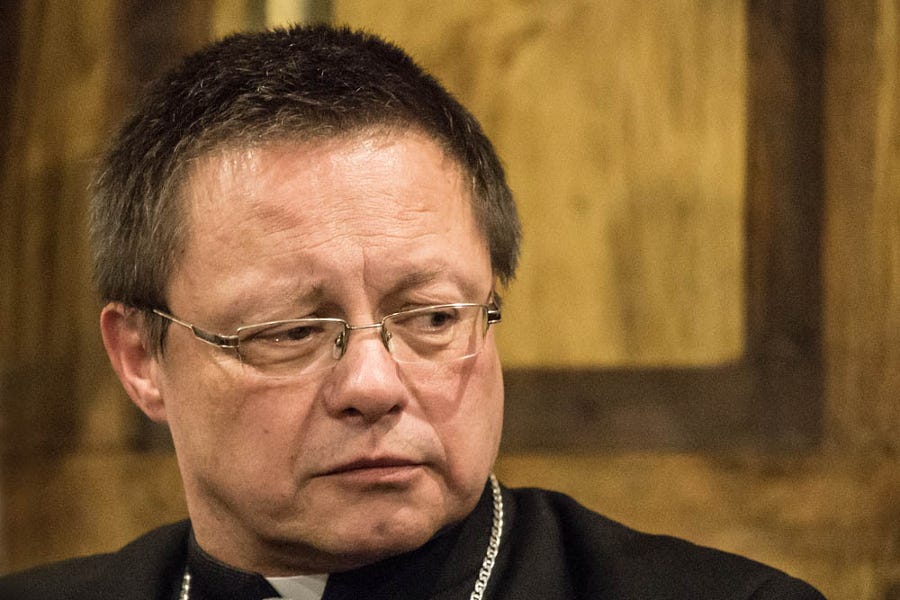The ‘Lynx’ of Lodz: Who is Poland’s new cardinal?
He’s the archbishop of what is possibly the most mispronounced city in Poland. And now he is the country’s first new cardinal in five years.
He’s a Church historian. He’s 59 years of age. He’s the archbishop of what is possibly the most mispronounced city in Poland. And now he is the country’s first new cardinal in five years.
In institutional terms, Cardinal-elect Grzegorz Ryś isn’t the most obvious choice for a r…

